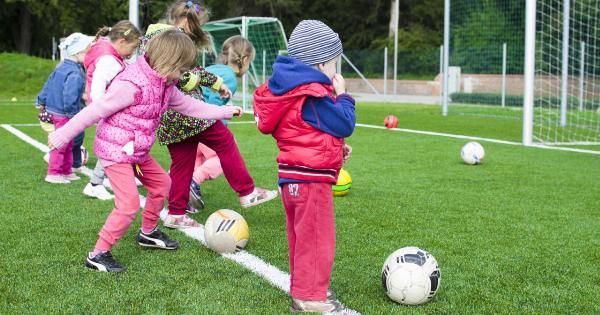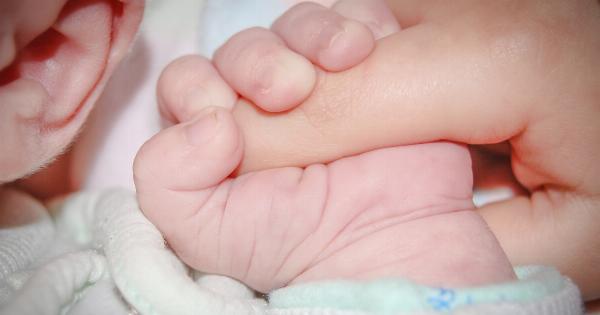Intelligence is a crucial factor for an individual’s success and prosperity in their personal and professional lives.
Many factors can contribute to a child’s intellectual development, including genetics, environmental factors, and parenting styles. While much research has been conducted on the role of maternal personality, relatively little attention has been given to the impact of paternal personality on child intelligence.
In this article, we will explore the effects of paternal personality on child intelligence, and how fathers can positively influence their child’s intellectual development.
Paternal Personality and Its Impact on Child Intelligence
Paternal personality can have a significant impact on a child’s intellectual development.
Studies have found that fathers who exhibit high levels of emotional maturity, warmth, and positive communication tend to have children with higher intelligence scores. These fathers typically engage in stimulating conversations and activities with their children, which can improve their cognitive and socio-emotional development.
They also set high academic expectations for their children and encourage intellectual curiosity and exploration.
In contrast, fathers who exhibit low levels of emotional maturity, such as a tendency towards anger, impulsivity, or withdrawal, can have a negative impact on their child’s intellectual development.
Children raised by emotionally immature fathers often face developmental setbacks that can have lasting consequences. Studies have found that these fathers typically have children with lower IQs and academic achievement levels.
Emotional immaturity can also impede a child’s socio-emotional development, leading to poor emotional regulation skills and interpersonal relationships.
The Importance of Positive Father-Child Relationships
Positive father-child relationships are critical for a child’s intellectual development. Children who have secure attachments with their fathers tend to experience better cognitive and socio-emotional outcomes.
These children exhibit higher levels of self-esteem, emotional regulation, and academic achievement. Fathers can foster secure attachments by engaging in quality time with their children, listening actively, and providing emotional support.
Moreover, positive father-child relationships can buffer against the effects of adverse childhood experiences (ACEs). ACEs, such as parental divorce or family violence, can have a negative impact on a child’s intellectual development.
However, children who have positive relationships with their fathers are less likely to experience the negative consequences of ACEs. Positive father-child relationships can provide a protective factor against the detrimental effects of adversity on a child’s intellectual development.
How Fathers can Foster their Child’s Intellectual Development
Fathers can positively influence their child’s intellectual development by engaging in various activities that stimulate cognitive and socio-emotional growth. These activities include:.
- Reading to their children – Reading to young children stimulates their language development and enhances their cognitive abilities.
- Encouraging educational exploration – Fathers can encourage their children to ask questions and learn new things, which fosters critical thinking skills.
- Participating in puzzles and board games – Playing games with children improves their problem-solving and cognitive skills.
- Mentoring their children – Fathers can serve as positive role models and provide guidance and support as their children navigate their academic and personal lives.
Moreover, fathers can also support their child’s academic development by:.
- Setting high expectations for academic achievement – Fathers who place a high value on education tend to have children with higher academic achievement levels.
- Providing resources for academic success – Fathers can provide their children with access to educational resources, such as books, computers, or educational programs.
- Engaging with teachers and school staff – Fathers who are involved in their child’s school activities tend to have children with higher academic performance levels.
Conclusion
Paternal personality plays a crucial role in a child’s intellectual development. Fathers who exhibit high levels of emotional maturity and positive communication can foster their child’s cognitive and socio-emotional growth.
On the other hand, emotionally immature fathers can have a detrimental effect on their child’s intellectual development.
Moreover, fathers can positively influence their child’s intellectual development by fostering positive father-child relationships, engaging in activities that stimulate cognitive and socio-emotional growth, and supporting their child’s academic success.



























